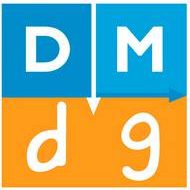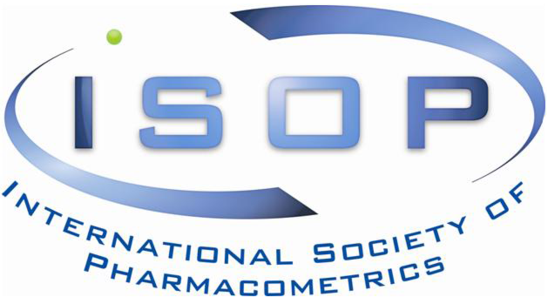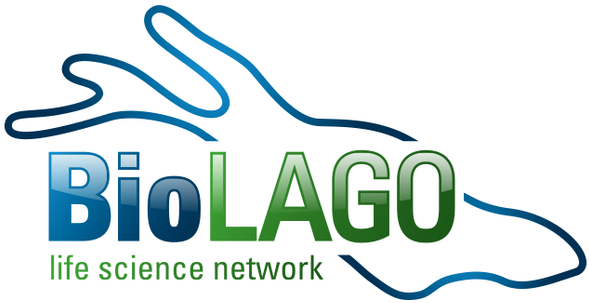Welcome to the Marbach Castle Drug-Drug Interaction Workshop Series
The DDI workshop series is a non-profit programme to exchange research-based knowledge on drug-drug interactions (DDIs) among all interested stakeholders from pharmaceutical industry, regulatory authorities, academic and health care delivery backgrounds and perspectives.
The overall objective of the international Marbach Castle DDI Workshop series is to improve and disseminate the scientific knowledge about drug-drug interactions (incl. food-drug and herb-drug interactions), and to foster communication for efficient preclinical and clinical investigation of DDIs across disciplines and organisational boarders.
The goal is safer use of pharmaceutical products especially in geriatric and medically complex patient populations with various co-morbidities and increasing poly-pharmacotherapy.
For the DDI Workshop 2026, again we have a number of outstanding speakers covering important topics, see our Programme.
Registration is now open – DDI Workshop 2026
The upcoming Workshop will take place from May 31st to June 2nd, 2026.
Retrospection: Last Year’s Workshop Summary 2025
DDI Workshop, Jun 1 – 3, 2025
2025 International Drug-Drug Interaction (DDI) Workshop at Marbach Castle
For 15 years, the Marbach DDI Workshop has been a pivotal event for drug developers, researchers, clinicians, and regulators worldwide to discuss advancements in DDI research and management. The 2025 workshop was held from June 1 to June 3, with more than 60 attendees from various countries.
In the first session, ‘Caring for Individual Patient – DDI in Hospital Setting vs. Drug Development’, Dr. Kunal Taskar (GSK) questioned the relevance of conducting DDI studies in healthy volunteers. Using PBPK simulations, he highlighted how patient or population-specific factors could influence the translatability of such clinical DDI studies. Dr. Jean Terrier discussed Geneva University Hospital’s implementation of PBPK simulations in managing clinical DDIs as a significant step towards personalized dosing.
During the session ‘Assessing Metabolic DDI via Static vs. Dynamic Modeling Approaches’, a lively debate ensued between chair Prof. Rostami and four speakers on the value of static models versus dynamic (PBPK) models in supporting DDI decisions. Dr. Sheila Annie Peters (Boehringer Ingelheim) and Dr. Italo Poggesi (GSK) emphasized that Mechanistic Static Models (MSMs), when carefully parameterized, can predict DDIs comparably to PBPK for many CYP-mediated DDIs. Dr. Yuching Yang discussed regulatory experiences, noting that while MSMs are recognized tools for screening and negative DDI predictions, PBPK models are more commonly used and accepted for high-stakes decisions like clinical study waivers due to broader validation and richer system parameters. Dr. Aki Heikkinen (Certara) presented a systematic comparison of static versus dynamic models across diverse DDI scenarios, finding significant discrepancies not only regarding the average individual (depending on input choices) but also for vulnerable individuals which are not considered in static calculations.
The third session, ‘Revisiting DDIs Caused by Cytokine Storm’, explored a primary DDI mechanism associated with therapeutic proteins. Drs. Marie-Emilie Willemin (J&J) and Xinyuan (Susie) Zhang (Simulations Plus) reviewed case studies using PBPK to describe cytokine storm associated with therapeutic protein use and to predict the transient effect of increased cytokine levels on the PK of coadministered drugs, due to repression of certain CYP-enzyme activities by various cytokines, in particular IL-6. Emerging evidence may help regulators update their expectations on the predictability of such DDIs using PBPK.
Artificial intelligence (AI) and large language models (LLMs) have shown promising capabilities in biomedical natural language tasks such as summarization, question answering, and information extraction. This year, the workshop faculty included the first AI session titled ‘Artificial Intelligence Support for the Research and Management of DDIs’. Prof. Sophia Ananiadou (University of Manchester) provided a comprehensive overview of how natural language processing and AI can contribute to DDI predictions and their potential to transform DDI assessment. Drs. Merel van Nuland and Paul van der Linden (Tergooi Medical Center) presented cases evaluating AI performance in generating specific DDI information. Their experience indicated that although AI appeared to capture DDI knowledge, its current performance in reproducing expert decisions was poor. All speakers emphasized on training the systems based on domain knowledge rather than using AI sources trained for general purposes.
The final session, ‘Is There a Role for Microphysiological Systems in Preclinical DDI Studies’, featured three presentations. All speakers referred to regulatory initiatives to reduce animal burden in preclinical studies, which puts much emphasis on the further advancement of Microphysiological Systems. Dr. Murat Cirit (Javelin Biotech) reviewed the history of MPS or organ-on-a-chip technology and presented its performance in evaluating enzyme induction and metabolism. Dr. Amélie Moreau (Servier) shared industry experience using MPS to predict DDIs early in drug development. Dr. Ed Kelly (University of Washington) updated the audience on progress made in kidney-on-a-chip, intestine-on-a-chip, and potential integration of multiple organs-on-a-chip for comprehensive DDI assessment.
The general discussion session at the end of workshop was mainly focused on the latest EMA opinion report related to qualification of platforms in the context of DDI prediction with a view to address this development in a full session with appropriate speakers in next year’s Marbach DDI workshop, which will be held on May 31 to June 2, 2026.
This year marked a special milestone for the Marbach DDI Workshop. First, the workshop celebrated its 15th anniversary. Second, founding faculty members Dr. Robert Hermann and Ms. Karen Grave-Hermann announced their retirement from the Workshop organization. Lastly, the faculty team welcomed Dr. Isabelle Ragueneau Majlessi (Certara) and Prof. Uwe Fuhr (University of Cologne) as new faculty members. We believe that the Marbach DDI Workshop will continue to provide a unique forum for researchers and clinicians to enhance the management and prediction of DDIs.
The Workshop 2025 Organizers
Robert Hermann, MD FCP
Amin Rostami-Hodjegan PhD, FCP
Ping Zhao, PhD
Karen Grave-Hermann, MSc





